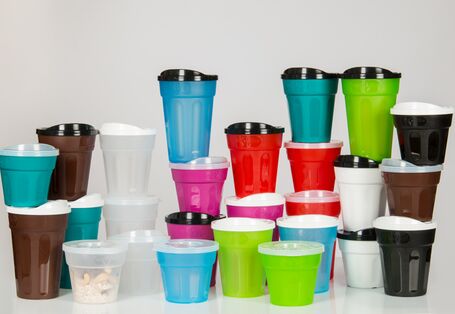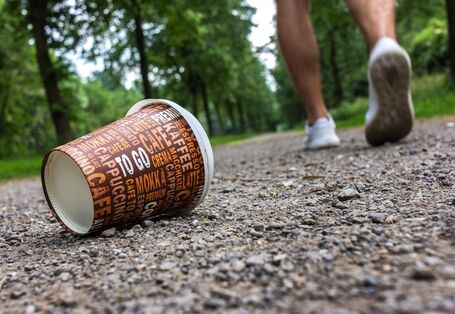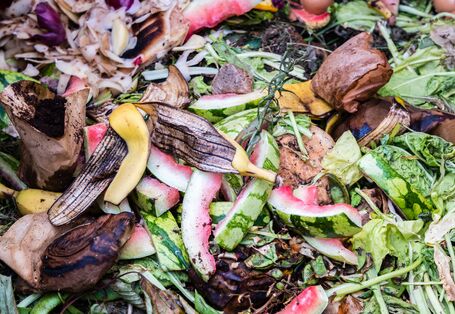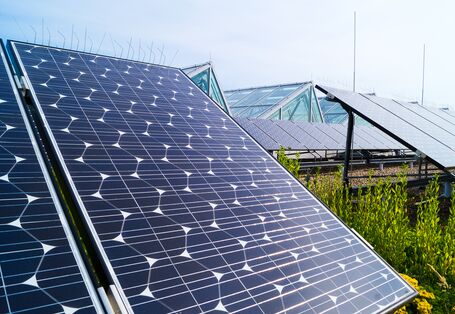Press
Press releases
337–348 of 725
Environmental Awareness Study 2018

Population expects more environmental and climate protection from all stakeholders
Energy efficiency of residential buildings on the rise, but at a slower rate

Although housing in Germany is becoming more energy efficient, the upward trend has nearly flattened out. These are the findings of a new research project by the German Environment Agency (UBA) which evaluated data collected nationwide on energy consumption and the status of modernisation of residential buildings between 2002 and the present.
A coffee date with the Blue Angel

The FairCup start-up is the first company to be awarded the Blue Angel ecolabel for its reusable cup system. FairCup started out as a student project at a vocational training school in Göttingen. The company is now represented all over Germany. The aim of the Blue Angel for resource-saving reusable cup systems (DE-UZ 210) is to reduce the number of disposable cups that are used.
Go for the reusable, not the disposable, when it comes to coffee cups et al.

German consumers use 2.8 billion disposable cups per year for hot beverages, an equivalent of 34 cups per person.
Biowaste as source of energy

National campaign week for the bio-bin from 18 May to 9 June 2019.
Blue Angel ecolabel awarded to disposable nappies

Three products meet the strict award criteria.
Climate footprint 2018: 4.5 percent decrease in greenhouse gas emissions

Lesser use of fossile energy and favourable weather conditions helped with the decline.
Renewable energy share rises to 16.6 per cent in 2018

Developments in 2018 in the renewable energy sector reflect a rather mixed picture: in the electricity market renewable energies covered nearly 38 per cent of overall gross final electricity consumption, due mainly to the year’s unusually sunny weather. In the heating sector, the share of renewables rose only slightly, virtually unchanged compared to previous years at just under 14 per cent.
Water type of the year 2019: the large North Sea estuary

The estuaries of the Elbe, Ems and Weser rivers have changed dramatically due to the many different use requirements of industry, shipping, port operations, and flood prevention.
Launch of online portal for climate-friendly refrigeration

Guidance for planners and operators of refrigeration equipment
Stricter environmental standards for raw material supply necessary

Raw material prices must reflect the ecological truth. UBA is calling for more protection of the environment in the mining sector.
Nitrogen dioxide loads in Germany down slightly in 2018

NO2 thresholds still exceeded in many cities, only one case of particulate exceedance, high level of ozone pollution